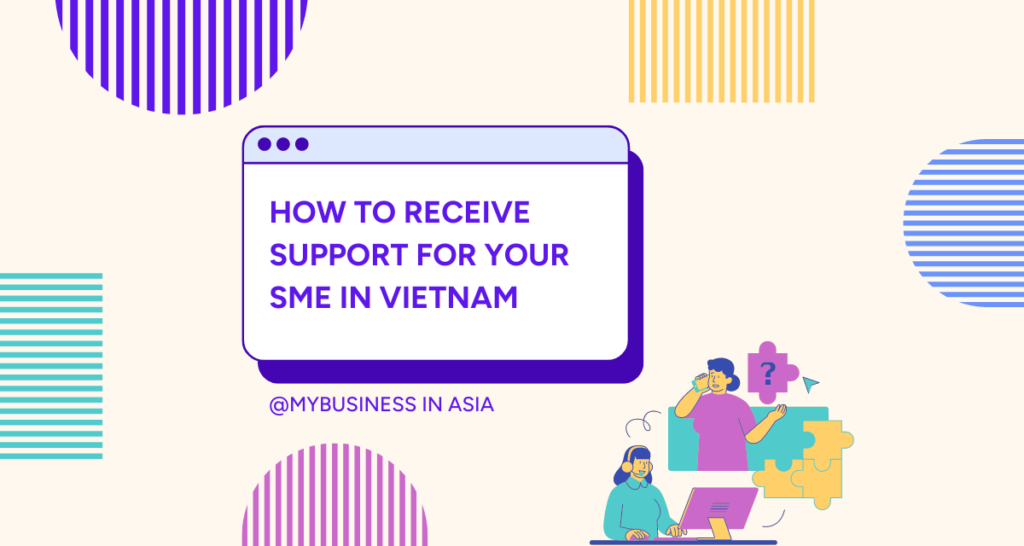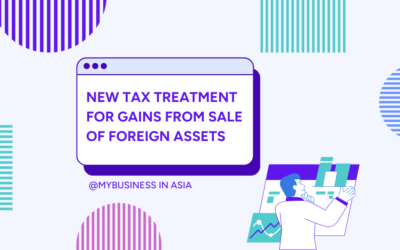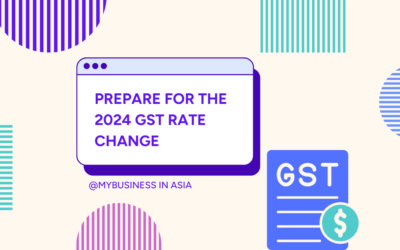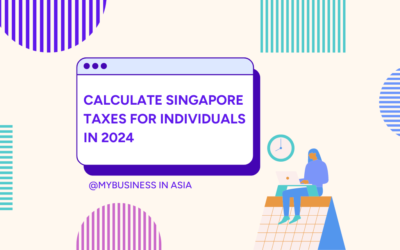
Vietnam’s Ministry of Planning and Investment announced significant support for Small and Medium-Sized Enterprises (SMEs) and Women-Owned SMEs.
This article defines SME and Women-Owned SME; describes the support available to SMEs; and Women-Owned SMEs. We detail how to receive support for your SME in Vietnam.
SMEs and Women-Owned SMEs
SMEs include micro, small, and medium-sized companies. Vietnam’s Ministry of Planning and Investment classifies a company as micro, small, or medium-sized according to the field in which it operates; the average number of employees who are registered with the state social insurance scheme; and monetary factors including annual revenue and total annual capital.
The table below explains how companies of various fields are classified.
| Micro-Sized Companies | Micro-Sized Companies | Small-Sized Companies | Small-Sized Companies | Medium-Sized Companies | Medium-Sized Companies | |
| Average Employees | Monetary Factors (VND) | Average Employees | Monetary Factors (VND) | Average Employees | Monetary Factors (VND) | |
| Agriculture, Forestry and Aquaculture | Maximum of 10 | Revenue <3 billion, or total capital <3 billion | Maximum of 100 | Revenue <50 billion, or total capital <20 billion | Maximum of 200 | Revenue <200 billion, or total capital <100 billion |
| Industry and Construction | Maximum of 10 | Revenue <3 billion, or total capital <3 billion | Maximum of 100 | Revenue <50 billion, or total capital <20 billion | Maximum of 200 | Revenue <200 billion, or total capital <100 billion |
| Commerce and Services | Maximum of 10 | Revenue <10 billion, or total capital <3 billion | Maximum of 50 | Revenue <100 billion, or total capital<30 billion | Maximum of 100 | Revenue <300 billion, or total capital <100 billion |
Women-Owned SMEs are SMEs in which women own at least 51% of the company’s charter capital.
General Support Available to SMEs
SMEs may seek support relating to technology; consulting services; training; innovative start-ups and industrial clusters. Any SME may apply for support, but preference will be shown for Women-Owned SMEs, SMEs employing numerous women, and SMEs which are social enterprises.
An SME is deemed to employ numerous women if its workforce is smaller than 100 workers and the workforce comprises at least 50% women; or if its workforce is at least 100 workers, and the workforce comprises at least 30% women.
Support with Technology
SMEs may seek partial reimbursement for digital consultation service contracts and expenses incurred in renting or purchasing digital transformation solutions.
Support with Consulting Services
- Micro-sized companies may seek a 100% subsidy for consulting services, up to 3 million VND per year.
- Small enterprises may seek a 30% subsidy for consulting services, up to 5 million VND per year.
- Medium enterprises may seek a 10% subsidy for consulting services, up to 10 million VND per year.
Support with Training
SMEs may be fully reimbursed for start-up training courses, and a 70% subsidy for corporate governance training courses. Training may include face-to-face training courses, or online training courses using tools such as Zoom, Microsoft Teams, and Google Classroom.
Trainees who work for SMEs may be exempt from tuition fees if the enterprises are in areas deemed to have extremely difficult socio-economic conditions; are Women-Owned SMEs; employ numerous women; or are small or medium-sized social enterprises.
Support for Innovative Start-ups
Trainees at innovative start-ups may receive assistance with tuition fees, learning materials, accommodation, and travel for the purpose of participating in intensive training courses. Trainees may be entitled to intensive training courses involving product research and development; product commercialisation; e-commerce development; capital raising; marketing; and other courses based on the start-up’s needs.
Support for SMEs Engaged in Industrial Clusters
Industrial clusters are groups of at least 10 enterprises cooperating within an administrative boundary. The cluster must include enterprise-supporting organisations, such as research institutes. Industrial clusters may receive support with jointly purchasing materials, selling products, purchasing or selling land, or creating and using brands.
How Can SMEs Apply for Assistance?
Companies may apply for assistance using a dossier of request for support. This involves substantiating the grounds for the support, stating the type and value of support sought and making a declaration conforming to the requirements in Appendix 1 of Decree No 80/2021/ND-CP. More information about applying for support can be found in Decree No 80/2021/ND-CP, or by contacting us!

Sources: Circular No. 06/2022/TT-BKHDT; Decree No. 80/2021/ND-CP; Circular No. 05/2019/TT-BKHDT; Decree No 80/2021/ND-CP


